Barry Matthews
CEO, Open Assembly
Leaders,
We need to talk about how organizations can scale their freelance usage. The freelance economy V1 & V2 was built for entrepreneurs and small businesses, not large companies. The problem as Barry Matthews, CEO of Open Assembly and 20+ year vet describes it, is that Enterprises don’t know which partner to turn to, and don’t know how to scale a model that’s new, risky, and has no existing best practices. The impact is that while 90% of leaders are prioritizing freelancers according to HBR, few leaders are succeeding at scaling their organization beyond small pilots and small working teams.
- How outsourcing has become skill sourcing, and the freelance economy is just the digitization of sourcing
- The Enterprise business case, specifically speed, size, and elasticity of accessing talent
- The Enterprise challenge (1) which platform for what need (2) we are new and risky with no existing processes
- Why there won’t be ONE marketplace
Our Favorite Quotes
Barry’s extensive experience helping enterprises understand how to best use outsourcing
- “Ultimately, outsourcing became skill sourcing. Realizing that you don’t need to outsource to a huge team in India or the Philippines rather the future is about linking the skills to the opportunity using digital technology and I set up a company helping businesses to do that which we merged with open assembly a couple of years ago.”
How will the freelance economy be impacted by Generative AI?
- “From our perspective in this industry, it is hugely exciting to see how generative AI will support enterprises in getting stuff done and how it will support freelancers in being more effective. There is obviously the other side of the coin, that is likely to disrupt some tasks that are done on freelance platforms. I think it will replace some tasks like basic software development and basic web design but it will also create opportunities.”
Why choose the freelance industry?
- I think the fundamental answer is because because it’s fun and I enjoy it. I like being my own boss, I’m very entrepreneurial and get bored really easily.
- This is a super exciting area of industry, the way the world works is inevitably going to change and there is no scenario where digital technology does not link supply and demand. And so enabling enterprises to do that with a methodology and a process and a platform that makes it as simple as possible, that takes away all the complications is super exciting. I’ve always said that my sort of mantra for life is to work hard and be nice to people. And that’s sort of what I enjoy, I enjoy working hard and being nice to people.
Why do Enterprises care about adopting open talent models?
- “Let’s think about things from the enterprise perspective, every global enterprise uses external skills, they all tap into external talent and they’ve been doing it the same way for four decades. Largely sourced through big staffing firms or through professional services firms, or with direct engagements with contractors, you know, all of those are very recognized ways of working and you’ll see at different times, an increasing or decreasing use of external skills, but those skills are not typically sourced digitally. They’re typically sourced manually through an agency based model. Enterprises realize that everything else in their enterprise has been digitized, but the way they access external skills hasn’t been yet. So they’re starting to think about using talent platforms to link supply and demand.”
Challenges for Enterprises adopting open talent – Great news OA is helping fix these
- “The first challenge an enterprise has is how can we as an industry make it as simple as possible to put the right skill, the right expert in the right place to deliver services to the company, right? That’s something that we’ve been trying to fix.”
- The second challenge that an enterprise has is this is new, it’s risky, or it’s perceived to be risky. And the processes that I have, as a company, as an enterprise do not lend themselves to sourcing directly from platforms, we haven’t done it like that before. So compliance, security, IT, audit, legal, HR and procurement all need to be involved in creating a way of enabling their people to source direct from platforms.
- So I think, if you could fix those two things, one by making it simple as possible, to find the freelance you need, regardless of the platform, and you know, not every platform likes to hear that but that’s what enterprise buyers often want. And then secondly, you’re able to streamline business processes so that everything from background checking to onboarding to payments and compliance are all you know in US single place and easy to do, then you’ll unlock the power of on demand talent. And we’ll start to see millions of engagements from big enterprises with freelance talent platforms.
- Benefits of overcoming challenges – 30% more cost-effective, 5x quicker, infinite talent pool
Will there be one marketplace?
- “I don’t think there will be just one behemoth, enormous, you know, amazon.com equivalent marketplace for everything. I think the reason for that is that just the huge diversity of skills and models and experiences.”

Freelance Terminal
Take competitive intelligence to the next level
Your exact insight is just a click away. We use AI to aggregate, synthesize, and deliver custom insights for your unique need.
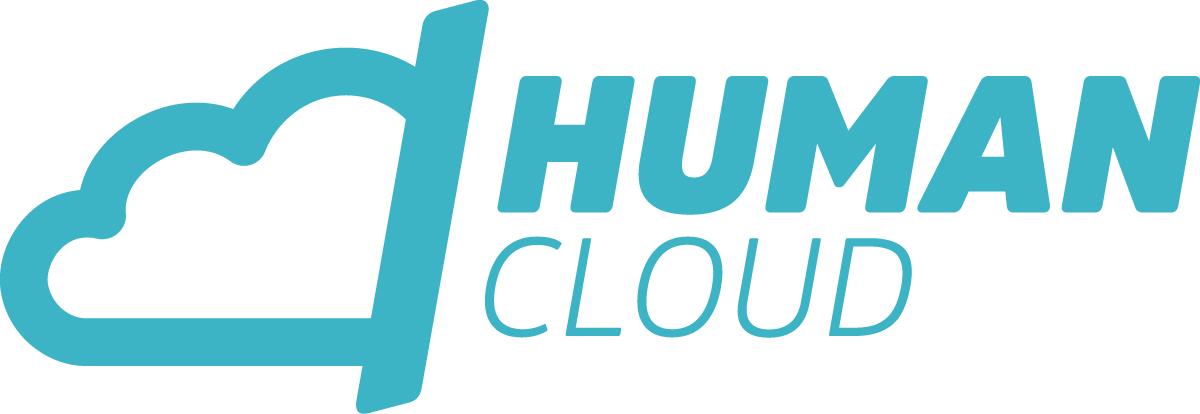

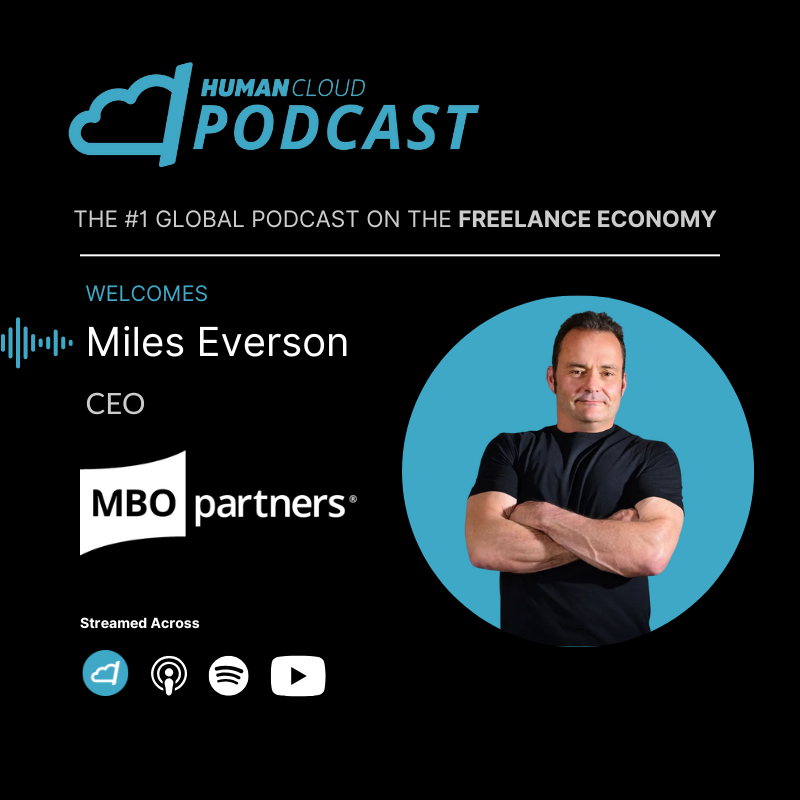
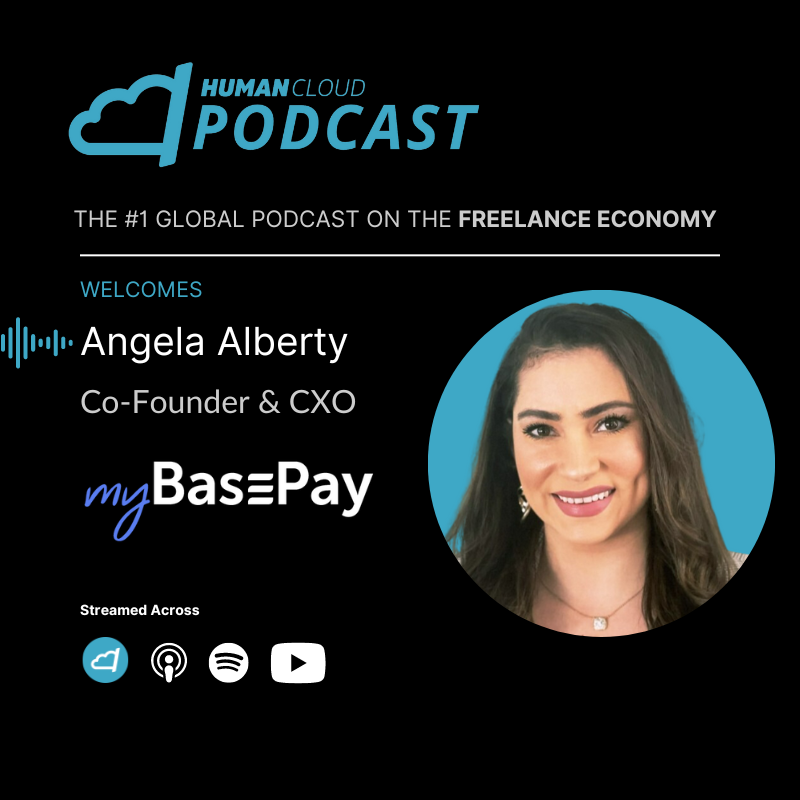
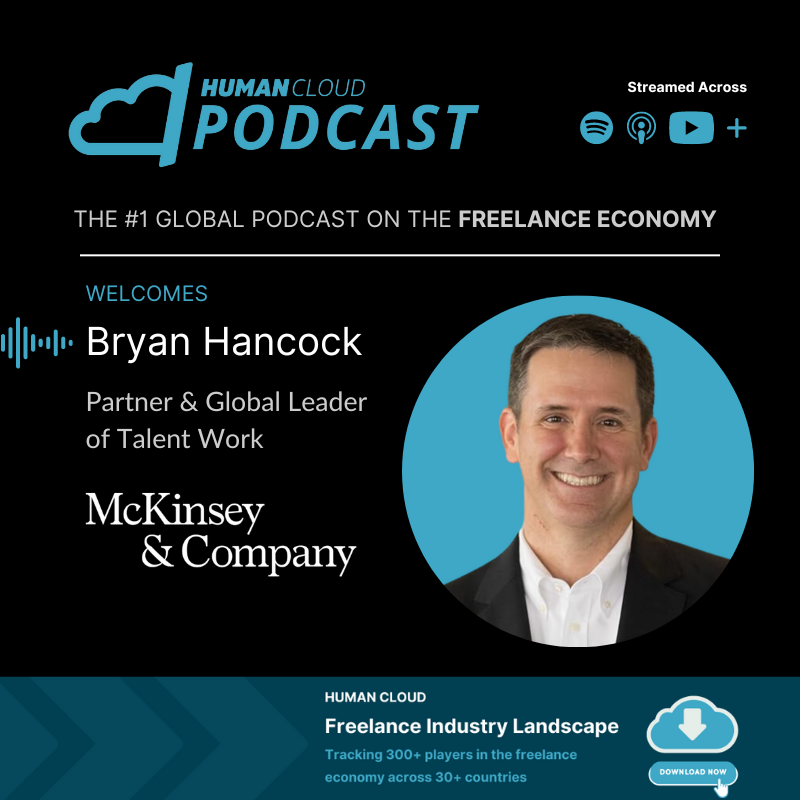
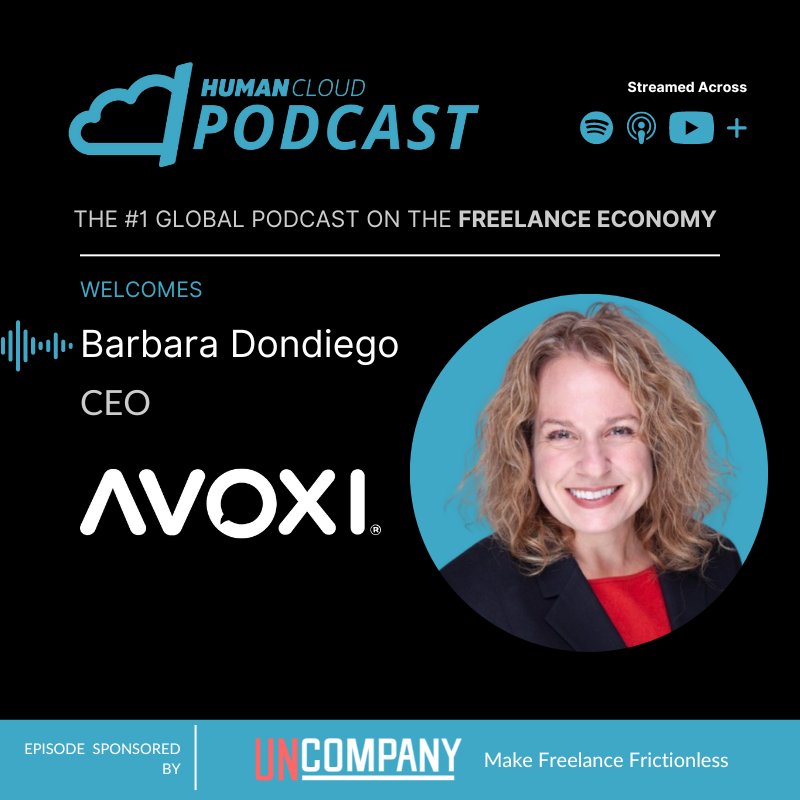
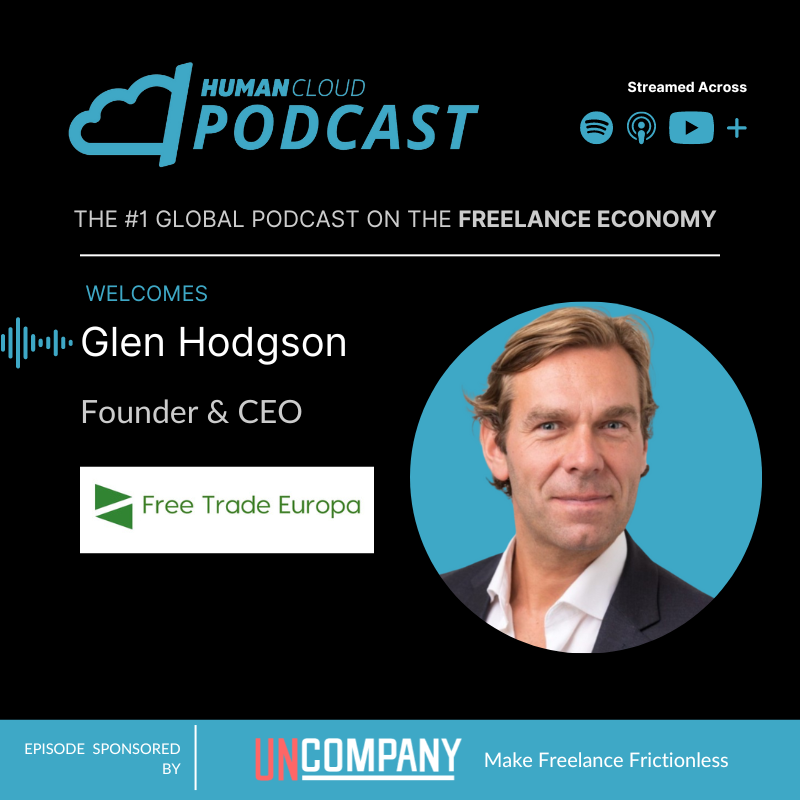
 ACCESS TREND TRACKER
ACCESS TREND TRACKER 